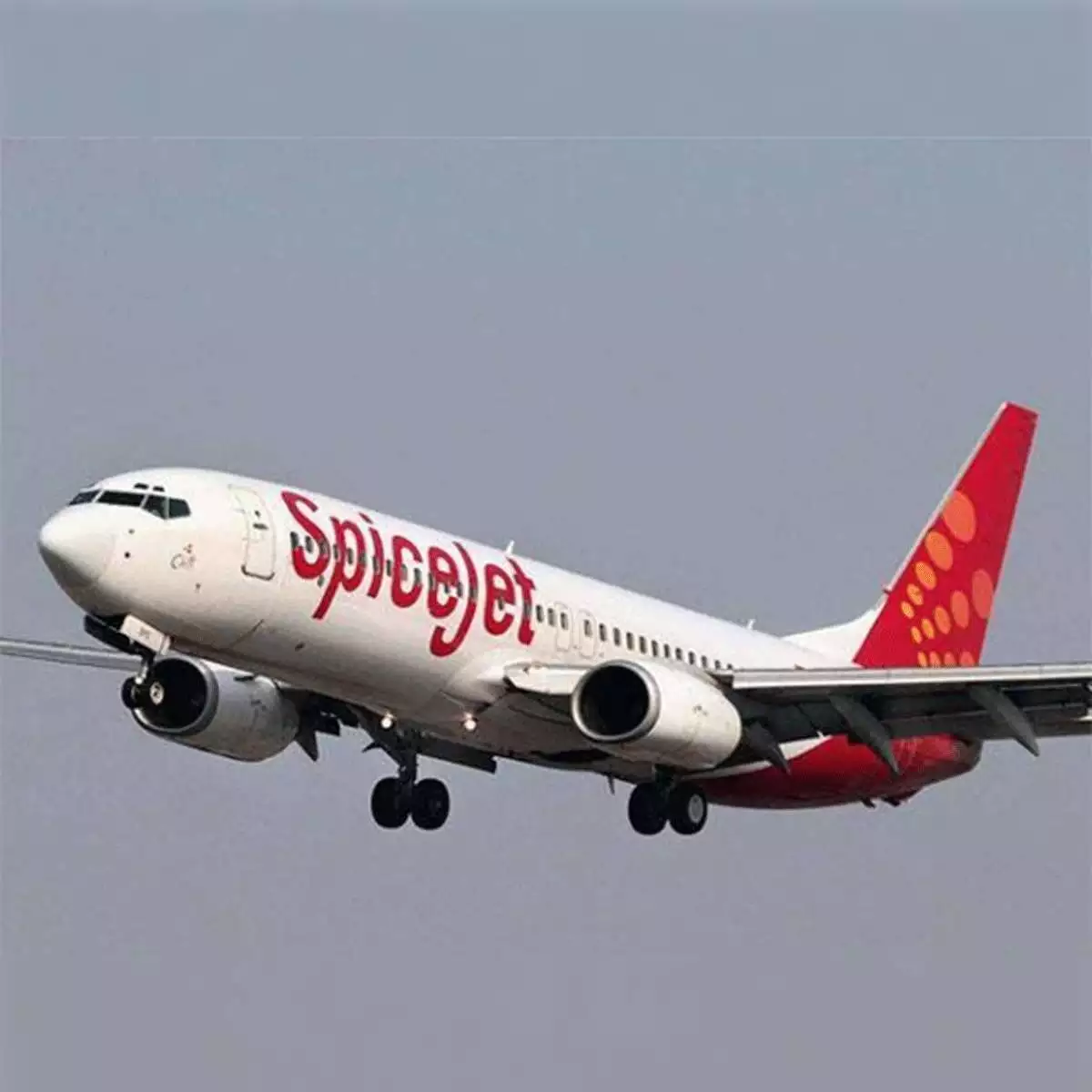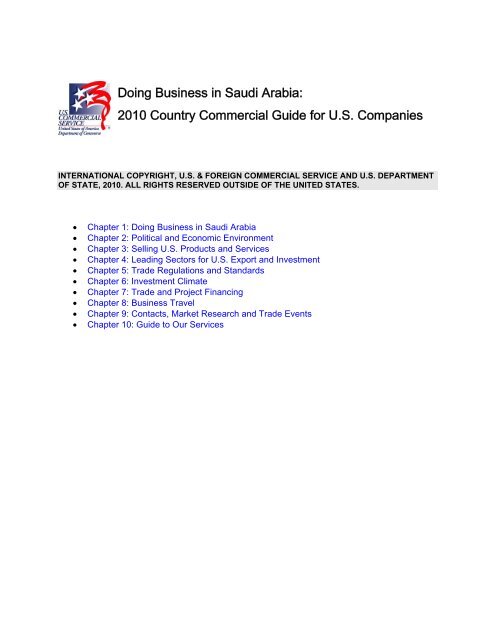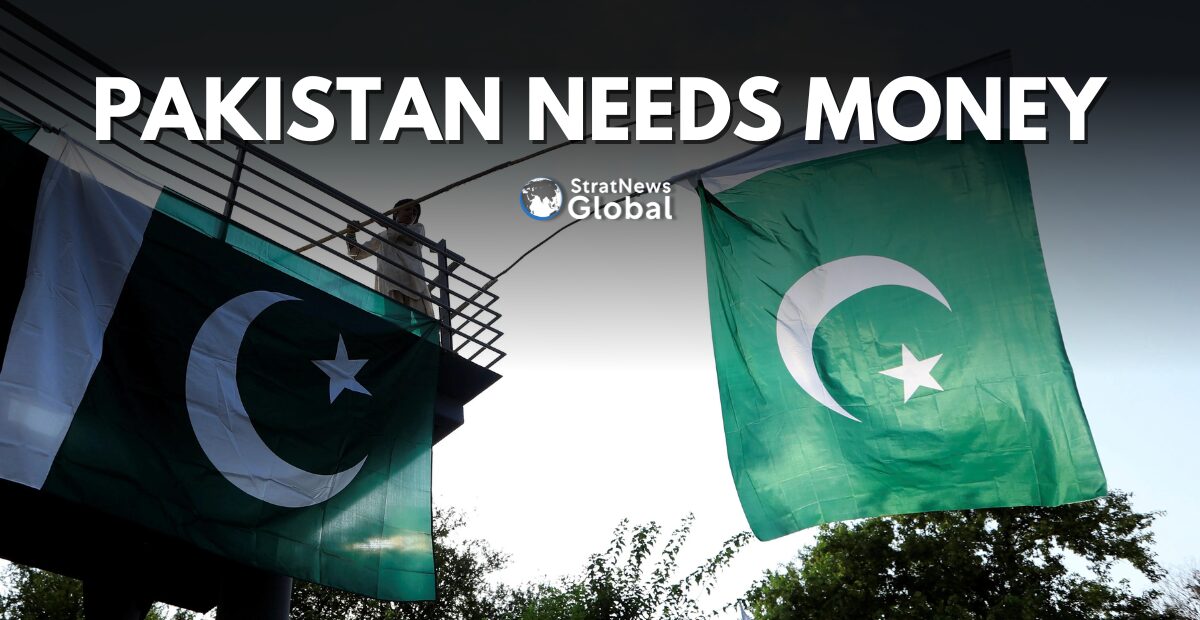SpiceJet, one of India’s prominent low-cost carriers, is facing intensified oversight from the country’s aviation regulator, the Directorate General of Civil Aviation (DGCA). This move follows a series of operational mishaps that have raised concerns about the airline’s safety and reliability.
The DGCA’s decision to place SpiceJet under enhanced surveillance comes after multiple incidents involving technical issues and delays. These have not only inconvenienced passengers but also sparked worries over the airline’s ability to maintain a safe and efficient flight schedule. The regulatory body has mandated that SpiceJet undergo a series of rigorous checks, which include more frequent inspections of its aircraft and a closer examination of its operational practices.
The aviation sector has seen a surge in demand as travel restrictions have eased, but this has also brought increased scrutiny to airlines struggling to meet safety and service standards. SpiceJet’s troubles began earlier this year, with several flights reporting technical snags, including engine failures and landing gear malfunctions. These incidents have resulted in emergency landings and significant delays, shaking public confidence in the airline.
SpiceJet has been grappling with financial difficulties that have exacerbated its operational issues. The airline has faced challenges in maintaining its fleet and retaining key staff, leading to disruptions in its services. Despite efforts to restructure and secure additional funding, the airline has continued to face obstacles in stabilizing its operations.
The DGCA’s enhanced surveillance includes a comprehensive review of SpiceJet’s maintenance records, crew training procedures, and overall safety management systems. The regulator aims to identify and rectify any deficiencies that could compromise passenger safety. This action is part of the DGCA’s broader mandate to ensure that all airlines operating within the country adhere to the highest safety standards.
SpiceJet’s management has expressed its commitment to cooperating fully with the DGCA’s directives. The airline has assured passengers that safety remains its top priority and that it is taking all necessary measures to address the issues raised by the regulator. However, industry experts are concerned that the airline’s financial instability may hinder its ability to implement the required changes effectively.
The airline’s woes have also impacted its market position, with rivals capitalizing on SpiceJet’s struggles to gain a competitive edge. As SpiceJet works to restore its reputation, other carriers have moved to expand their routes and services, attracting passengers who might otherwise have flown with SpiceJet.
SpiceJet’s financial situation remains precarious, with mounting debts and reduced liquidity posing significant challenges. The airline has been exploring various avenues for raising capital, including the sale of assets and equity infusion. However, these efforts have yet to yield the desired results, leaving the airline in a vulnerable position.
The DGCA’s enhanced surveillance is expected to continue for an extended period as the regulator closely monitors SpiceJet’s compliance with safety regulations. The outcome of this scrutiny will likely have significant implications for the airline’s future, as failure to meet the DGCA’s standards could lead to further restrictions on its operations.
Passengers have expressed mixed reactions to the DGCA’s intervention. While some have welcomed the increased oversight as a necessary step to ensure safety, others have voiced frustration over the ongoing disruptions to their travel plans. The airline has acknowledged these concerns and pledged to improve its service quality.
SpiceJet’s situation highlights the broader challenges facing the aviation industry, particularly for carriers operating in a highly competitive and financially strained environment. As the airline navigates this difficult period, the industry will be closely watching how it addresses the issues identified by the DGCA and whether it can regain its footing in the market.





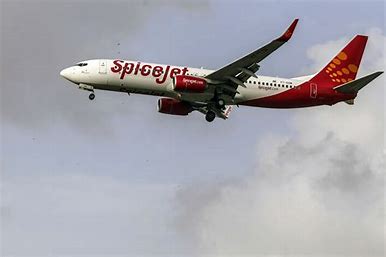
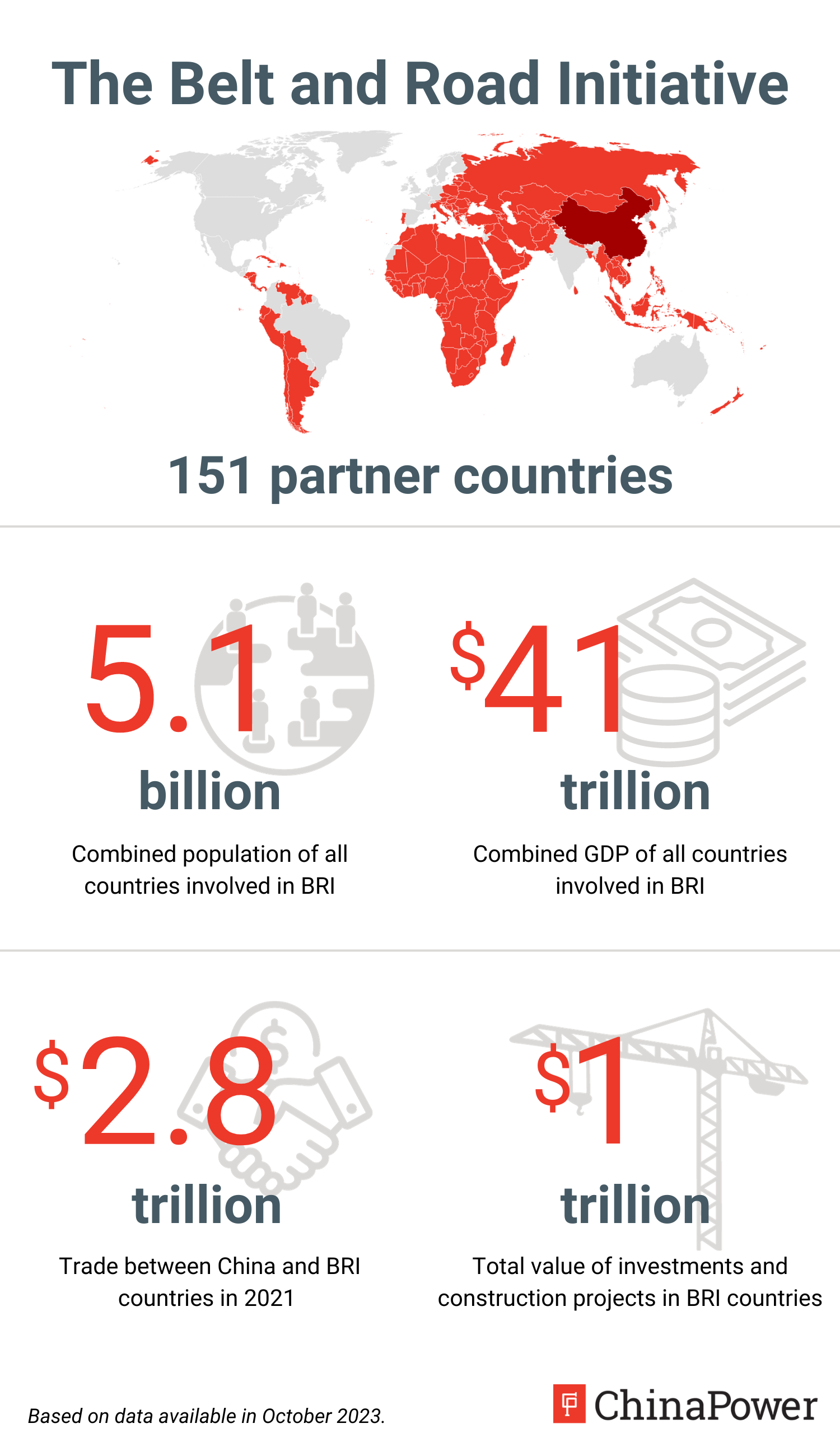






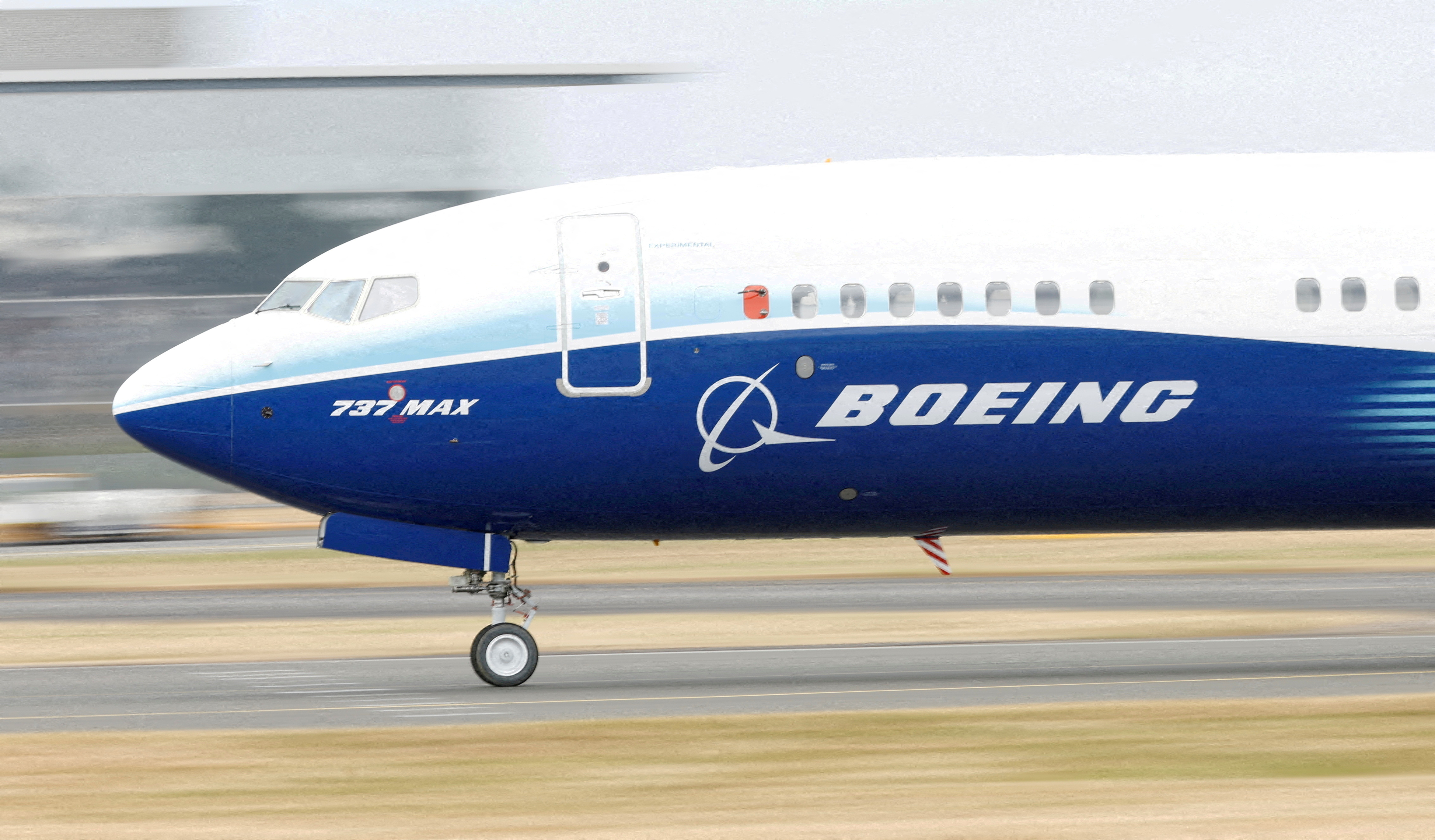

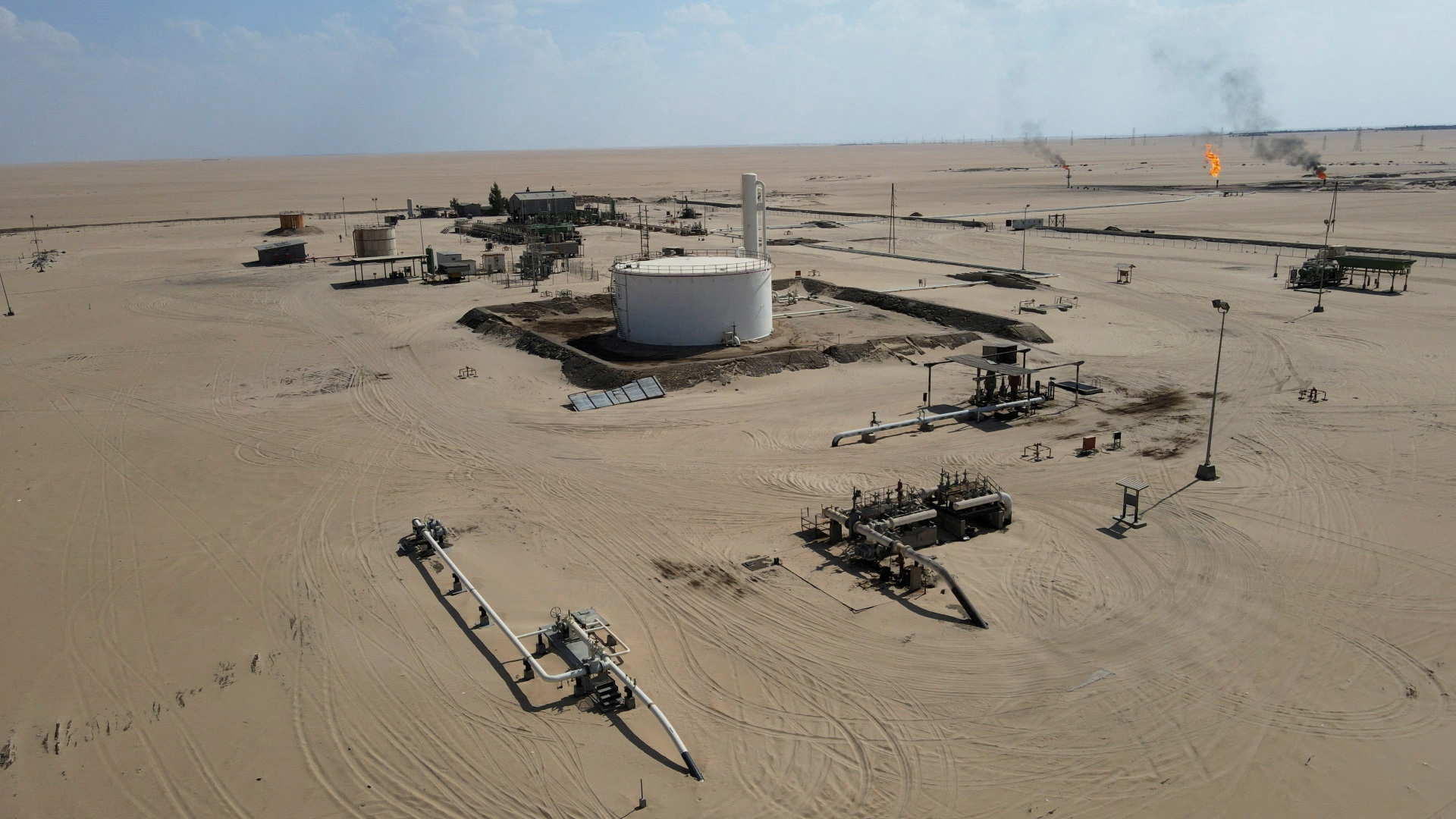




![spicejet introduces in flight entertainment that can be accessed on personal devices[1]](https://thearabianpost.com/wp-content/uploads/2024/08/spicejet-introduces-in-flight-entertainment-that-can-be-accessed-on-personal-devices1-151x118.webp)
